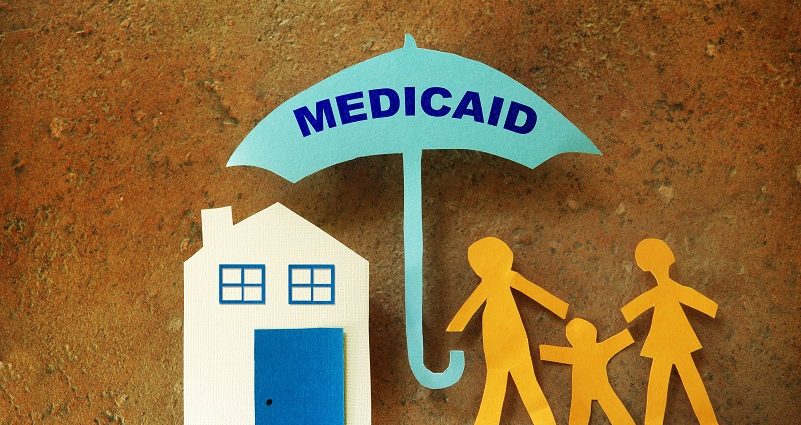Medicaid Dental Coverage and Other Assistance for Disadvantaged People

If you do not have dental insurance, you are not alone. The lack of dental insurance coverage is a nationwide problem that is emerging as one of the most serious challenges facing American healthcare today.
If you are under age 65, but disabled or without dental insurance and sufficient income, there are federal/state programs and non-profit/charitable organizations available to help you receive necessary dental care. You will need to do some research to identify the appropriate local agency or contact through which to apply for assistance.
Medicaid Dental Coverage
Serving low-income children, pregnant women, the disabled and the impoverished elderly, Medicaid is a voluntary partnership program between the federal government and individual states.
How It Works
Medicaid calls for each state’s medical assistance program to cover at least 50 percent of associated payments. However, due to funding crises, critical health programs have been reduced or eliminated, with dental benefits often the first to go. As of January 2009, less than half of all states provide comprehensive dental care coverage assistance.
Medicaid dental care for children is required by law and offers comprehensive coverage (involving early screening, diagnosis and treatment). However, Medicaid coverage for people aged 21 and older is an optional service, with coverage severely lacking for the elderly.
A direct dental referral is required for every child on a periodic schedule set by the state. Early Periodic Screening, Diagnostic and Treatment (EPSDT) requires that all services covered under the Medicaid program be provided to EPSDT recipients, if determined to be medically necessary (the state determines medical necessity). If a condition requiring treatment is found during an oral screening, the state must provide the necessary services to treat that condition, whether or not such services are included in the state’s Medicaid plan.
How/Where to Apply
States have the option to provide some or no dental coverage to the adult, Medicaid-eligible population as part of their state Medicaid program. There are no minimum requirements for adult dental coverage. While most states offer at least emergency dental services for adults, less than half of the states provide comprehensive dental care.
You apply for Medicaid in the state where you live. Some states let you apply online, by telephone or at locations in your community. To find out your state’s options, call your local Medicaid office or visit the Centers for Medicare and Medicaid Services (CMS) at Medicaid.gov.
If you don’t have access to the Internet, check the blue pages of your phone book, call your local Social Security office or contact Medicare at 1-800-633-4227.
SCHIP Dental Coverage
The State Children’s Health Insurance Program (SCHIP), run by the Centers for Medicare and Medicaid Services, allocates state funds for the coverage of uninsured children whose family income is above Medicaid level, but not sufficient for other forms of health insurance. In February 2009, the program was expanded to provide coverage for an additional four million children and pregnant women (including legal immigrants) without a waiting period.
Who Is Eligible?
The law will provide health and dental coverage for 11 million low-income children across the nation through fiscal year 2013. It preserves the coverage of 6.7 million children who are currently covered by the SCHIP program. In addition, under the SCHIP re-authorization, it is projected that an additional 1.5 million uninsured Hispanic children will be covered.
Where Is Care Provided?
SCHIP guidelines, which vary by state, are based on age, annual income and family size. Coverage is allocated through a statewide network of healthcare providers in the private sector, including dentists and other professionals. Patients use network providers, except in emergency situations, because it is a version of a managed care system.
Not all dentists accept or participate in SCHIP. For particulars in your area, contact your local or state health department.
How To Apply
For information or help in signing up for SCHIP and other health insurance programs for which you and your family may be eligible, call the Su Familia National Hispanic Family Health Helpline (1-866-783-2645 or 1-866-SU-FAMILIA).
Next, go to:






